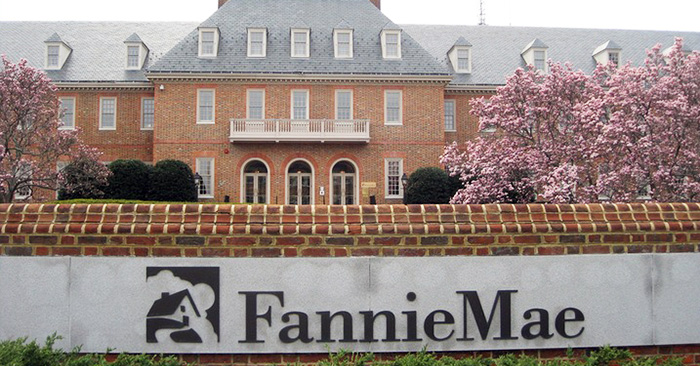If you are a home buyer or seller, or pay any attention whatsoever to the housing market, you have probably heard about “Fannie” and “Freddie.” Fannie stands for Fannie Mae but is really the acronym – FNMA – For Federal National Mortgage Association. Freddie is for Freddie Mac, or FHLMC, the Federal Home Loan Mortgage Corporation. These two companies keep money for mortgages flowing. Here is how they do it and why they are important.
Both Fannie and Freddie are backed by the federal government, so the U.S. has a vested interest in helping them provide money. These two companies buy the mortgages that have already been made by banks, and are often referred to as “the secondary market.” Then, they pay themselves back by packaging big bunches of existing mortgages and selling them to big investors, such as pension funds, insurance companies, etc. who are looking to collect the interest. Fannie and Freddie have also created guidelines – and forms — that just about every lending institution uses for just about every loan.
You are probably wondering why banks cannot just fund loans, keep them, and earn the interest. If you live in a largely populated area, the big banks probably do have plenty of cash to lend. But let us say you live in a smaller area, such as Flagstaff, Arizona or Joplin, Missouri. Your local lending institutions may simply not have enough money to continually make home loans. So, they make you a loan according to certain common guidelines, and then they turn around and sell it to either Fannie or Freddie. Now, the local lending institutions have more cash to continue making more home loans. The truth is, without Fannie and Freddie, the mortgage market and housing market would dry up in many parts of the country. Not good. This is another reason why the government gets behind these two entities – homeownership is generally seen as good for the country.
Another thing that these entities have done is create the 30 year loan. If we had to pay off our homes in, say, five years, home ownership would be pretty unaffordable in large parts of the country. And the longer the loan term, the more interest is charged and the more profit is made by the large investors. Win-win, right?
Some economists and politicians want to privatize Fannie and Freddie and stop the government from backing them. They argue that there is too much risk if the government, and an endless flow of money from taxes, is involved. It is thought that this may have contributed to the 2008 economic crash. There are lots of views on this issue, but the majority agree that maintaining the status quo is a good thing. If you would like to know more, please check out the Fannie Mae and Freddie Mac websites.

Recent Comments